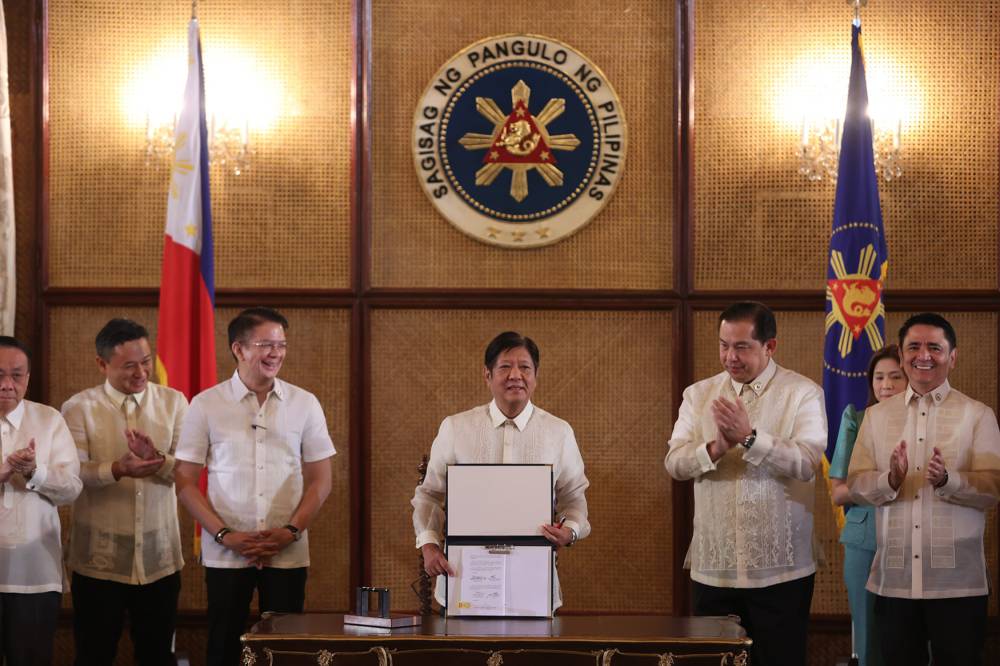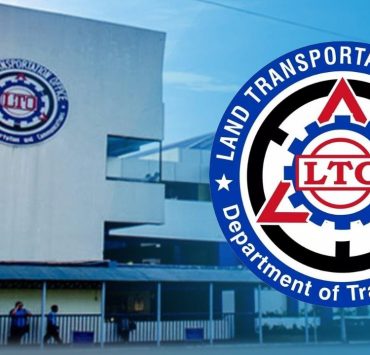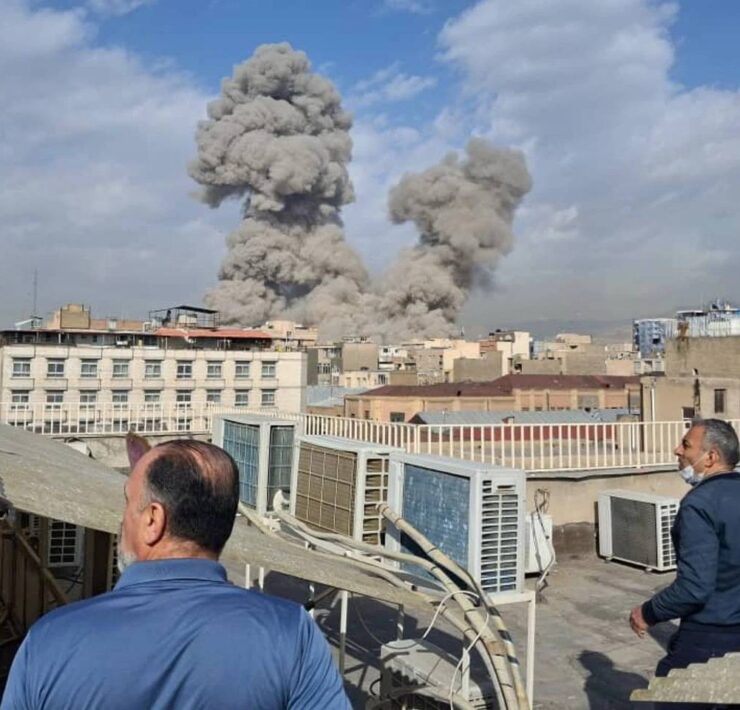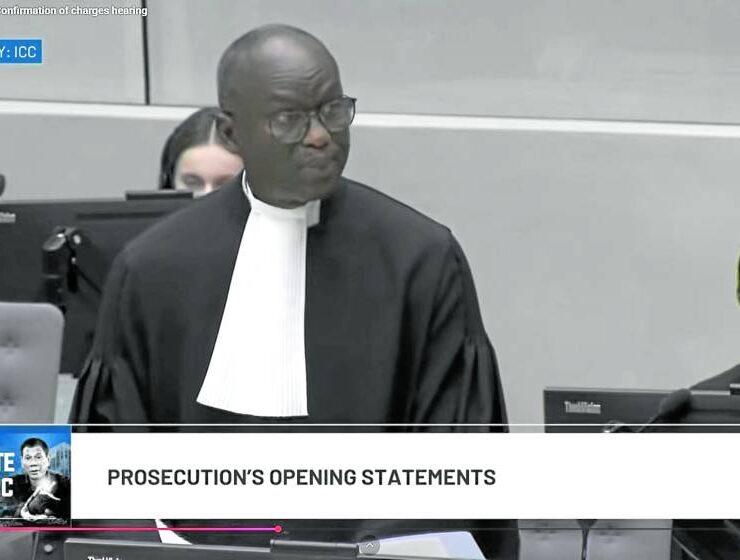‘Lowest bid’ no shoo-in under new gov’t procurement law

President Marcos on Saturday enacted a law that gives no guarantee that the lowest bidder would win a government procurement contract.
The new law to improve the state procurement system intends to make it more transparent and efficient so that Filipinos would get the best value-for-money for supplies needed in government operations while safeguarding public funds, he said.
“We have just signed into law a bill that will move us closer to attaining a strong, more responsive and efficient bureaucracy,” Mr. Marcos said after signing Republic Act No. 12009, or the New Government Procurement Act (NGPA), an update of the 21-year-old Republic Act No. 9184, or the Government Procurement Reform Act.
One of the key provisions of the law determines the “most economically advantageous responsive bid” (MEARB) in contrast to RA 9184’s “lowest calculated and responsive bid” that sometimes ends up with government getting the cheapest items but with the lowest quality.
“This is actually, an attempt to consider the qualitative, not only the purely quantitative, but the qualitative, economic value of any proposal, as an alternative to the prevailing practice of which we now do of choosing just the cheapest product,” the President said.
Not always the lowest
Mr. Marcos said the new law will free the government “from the obligation of selecting the lowest-priced bid when there is a better choice.”
“This will ensure that we get not only the best prices but the best deals for our clients, the Filipino people,” he added.

President Ferdinand R. Marcos Jr. signs the new government Procurement Act (PGRA) and the Anti-Financial Account Scamming Act (AFASA) at the Ceremonial Hall, Malacanang Palace Manila, July 20, 2024. With the President are Senate Senate President Francis Joseph G. Escudero, House of Representatives Speaker Ferdinand Martin G. Romualdez and other government officials.
PPA PHOTO / NIÑO JESUS ORBETA
Education Secretary Sonny Angara introduced the MEARB provision as author of the procurement bill when he was senator.
Another key feature of the new law is the streamlining of the procurement process to shorten the awarding of contracts from three months, beginning with the opening bids, to 60 days by standardizing procurement forms and institutionalizing electronic procurement.
Malacañang said the NGPA is aimed at promoting “greater transparency, competitiveness, efficiency, professionalism, accountability and sustainability in the government procurement process.”
The Palace has yet to release an official copy of the new law.
The President said there were 11 new modalities provided by the law in procuring goods and services, such as “competitive dialogue,” unsolicited offer with bid matching, direct acquisition, direct sales, direct procurement for science, technology and innovation.
“This will afford greater flexibility for government agencies in choosing how to best acquire goods and services,” he said.
Budget Secretary Amenah Pangandaman said one of the alternative modes of procurement is the creation of an “e-marketplace” similar to online shopping outlets “like a Lazada, Shopee or Amazon” where government agencies can place orders for common-use supplies and equipment (CSE) through the Procurement Service of the Department of Budget and Management (PS-DBM).
“Government agencies can just add the common-use supplies to their cart and they can check the pickup and delivery status,” she said.
Big ticket
Pangandaman said the e-marketplace application will be up and running after two months. It will reduce the turnaround time to procure CSEs like office supplies to as short as 30 days from sometimes up to six months.
Big-ticket projects or procurements of government agencies like the Department of Public Works and Highways and the Department of Transportation will still go through the bidding process.
These government agencies will still have their own bids and awards committees but the process will be sped up and streamlined using technology, Pangandaman said.
“It will be more transparent. There is citizen’s participation in the law, so civil society can participate as an observer in the process. We have safeguards every step of the way,” she said.
A provision that seeks to prevent conflict of interest is the disclosure of relations to show that there is no blood or affinity ties between any officer of a company that is making a bid to the head of the agency making the procurement.
Old faulty system
This safeguard is already in RA 9184, but another provision was added in the enrolled bill, which was seen by the Inquirer and the one supposed to be signed by the President, to make sure that the ultimate “beneficial owner” of the bidding entity is unrelated to the agency officers.
The law mandates that the beneficial ownership information of suppliers, manufacturers, distributors, contractors and consultants will be required in order to participate in government procurement. The Government Procurement Policy Board was tasked with maintaining an online, publicly accessible registry of the beneficial ownership information of these bidders.“
Overall, the bill (if no provisions were vetoed by the President) will improve the procurement process,” former Finance Undersecretary Cielo Magno told the Inquirer. “It corrects the fault of the previous system which assumes that cost is the only important parameter in selecting the best product or item to procure.”
“However, for me, the best provision of the new law is the requirement on the disclosure of beneficial owners of entities engaging in the procurement process. The creation of a public registry will greatly contribute to the reduction of corruption and increased accountability in the procurement process of the government,” said the University of the Philippines economics professor who also promotes socio-economic awareness through her Tik-Tok and YouTube accounts.
‘Highway robberies’
“I hope that this practice will also be adopted in other government activities like the public-private partnership and the contracting process of extractives like mining. This will help avoid conflict of interest in the issuance of government contracts,” Magno said.
Former lawmaker Terry Ridon, a lawyer and convenor of Infrawatch PH, said the NGPA “should be able to stop procurement highway robberies” like the purchase of billions of pesos worth of overpriced medical supplies at the height of the pandemic and the Department of Education’s purchase of P2.4 billion worth of allegedly outdated and overpriced laptops by the PS-DBM.
“While new procurement modes and mechanisms will be implemented by the new law, the public should remain vigilant in each and every procurement transaction, particularly those involving high-value projects in the hundreds of millions to billions of pesos,” he said in response to a request for comment from the Inquirer.
“Without public vigilance, malevolent and corrupt forces can still persist despite meaningful procurement reform,” Ridon said.
He said the implementation of an e-marketplace should come with “competition, efficiency, transparency and accountability principles.”
Significant step
This would mean that the “largest number of competent and credible suppliers and vendors can join and participate in the platform with ease” as the e-marketplace has clear safeguards against price-fixing, fictitious or scam vendors and sales, corruption, and other “malevolent” activities.
Senate President Francis Escudero said in a statement that the law marked a “significant step forward in our commitment to transparency and accountability” and reduce opportunities for corruption.
“It is essential that we have a transparent and accountable procurement process that delivers the best value for taxpayers’ money,” Escudero said.
Senate Majority Leader Francis Tolentino said the NGPA will “enhance public services and promote greater transparency” through the streamlined procurement process.
On May 21, the Senate approved its version of the NGPA bill on third and final reading with 23 votes.
The following day, the Senate and the House of Representatives ratified the bicameral report that reconciled the disagreeing provisions of the Senate bill and the House bill, which was approved on Dec. 12, 2023. —WITH A REPORT FROM INQUIRER RESEARCH




















